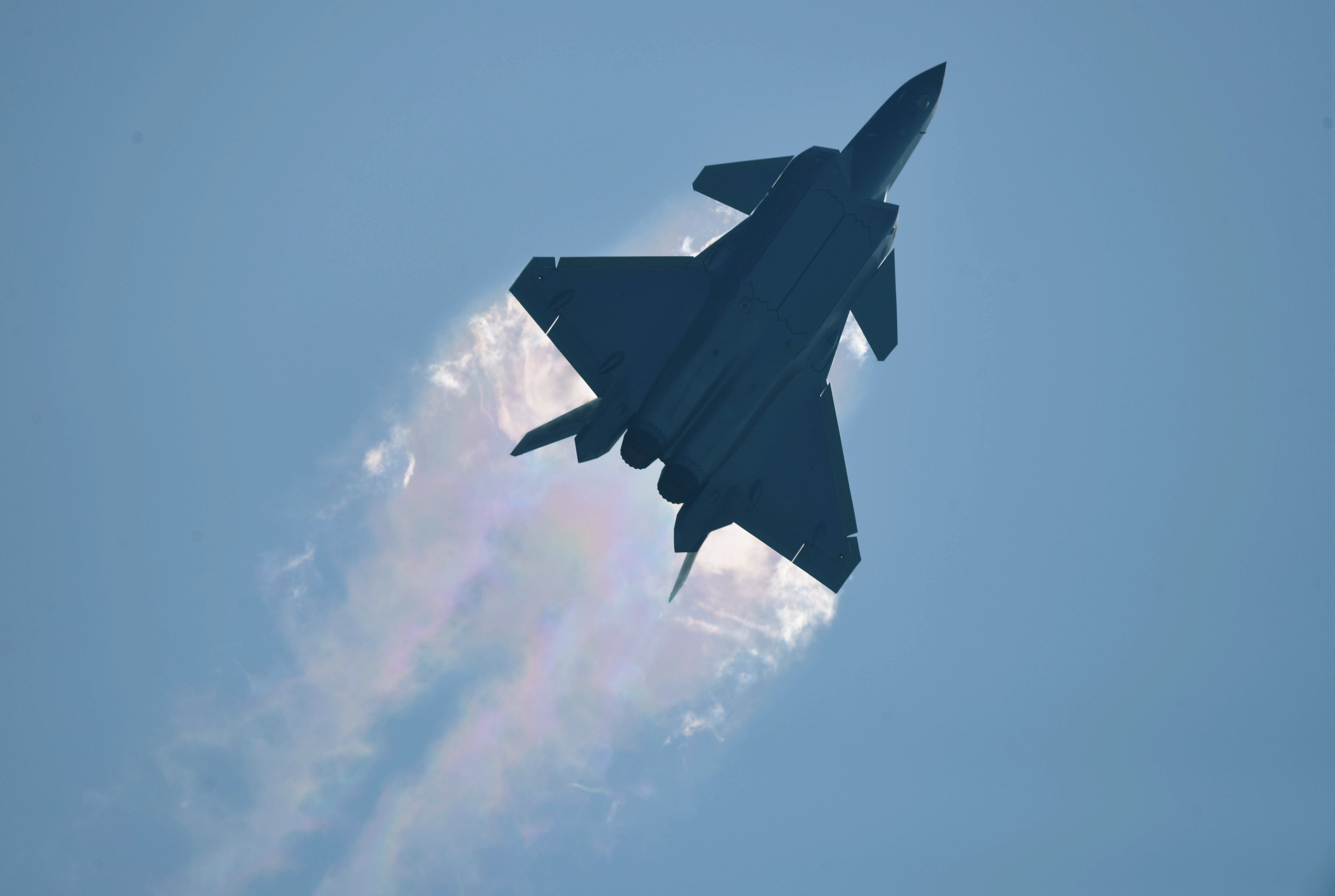What we've got here is a failure to communicate ... and it's already resulted in at least one close call. US military officials this week said that an American spy plane and a Chinese fighter jet nearly collided over the South China Sea last week. The US plane was flying in international airspace, and a Chinese J-16 fighter cut in front of its nose, forcing it to fly through the jet's wake. The Pentagon called it an “unnecessarily aggressive maneuver”; Beijing said the spy plane "intruded" its territory.
The rub? Communication between the two nations has eroded to alarming levels in recent months. Since the US shot down a Chinese spy balloon in February — with Secretary of State Antony Blinken canceling a trip to meet his Chinese counterpart at the time — engagement levels have been low. Blinken has tried without success to reschedule the trip, and China recently rebuffed Washington’s invitation for both countries' defense chiefs to meet on the sidelines of the Shangri-La Security Dialogue in Singapore this week. This is likely in response to Washington's refusal to lift sanctions imposed on their Defense Minister Li Shangfu for his role in assisting the transfer of fighter jets and missile systems to Russia.
“China has a history of freezing bilateral communications channels in response to crises, one rationale for which is a view that dialogue is incompatible with deterrence,” says Eurasia Group China analyst Anna Ashton.
But a lack of open communication raises risks of misunderstandings spiraling into crises. We'll be watching to see whether US and Chinese officials can reopen channels of communication and avert future such mishaps.
